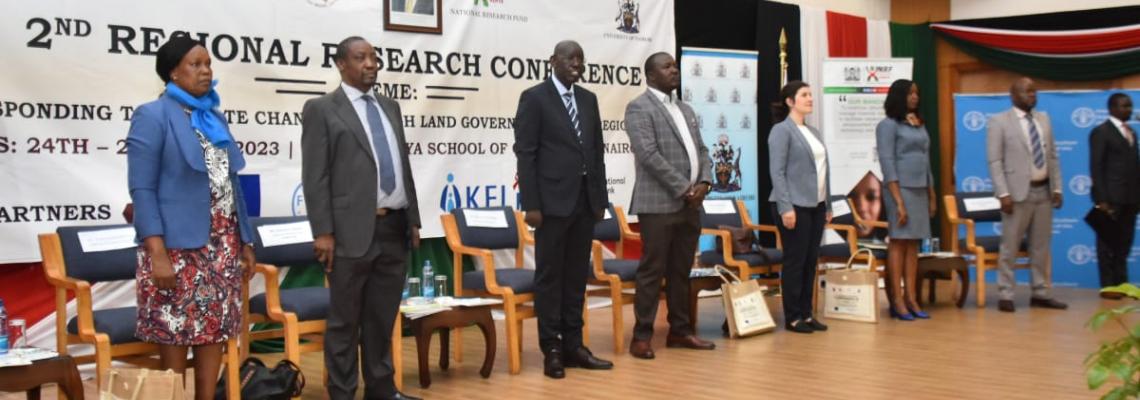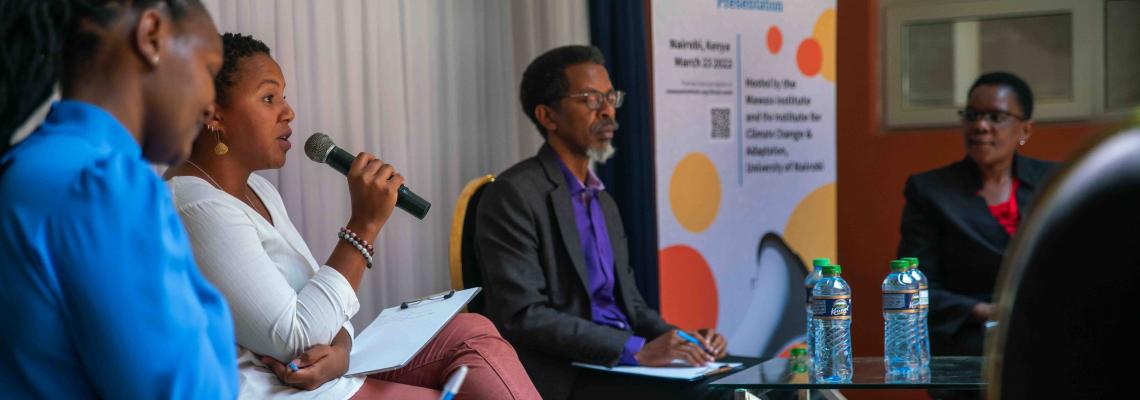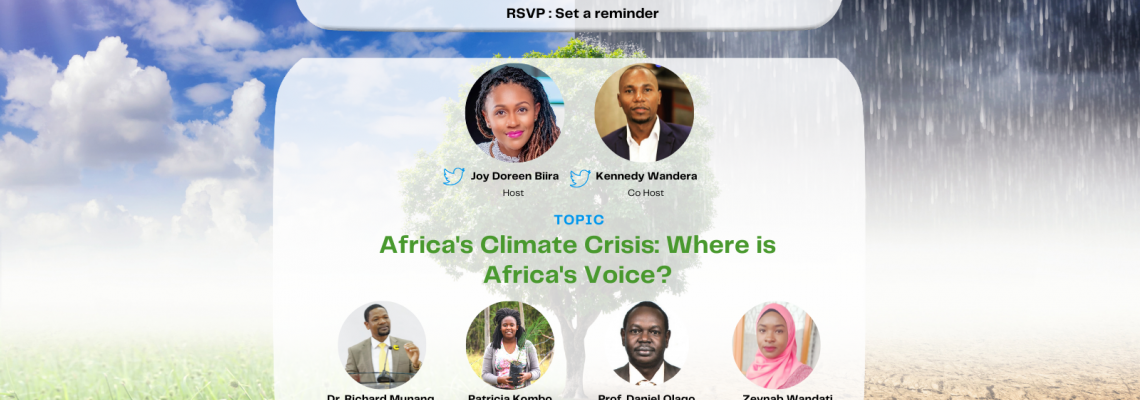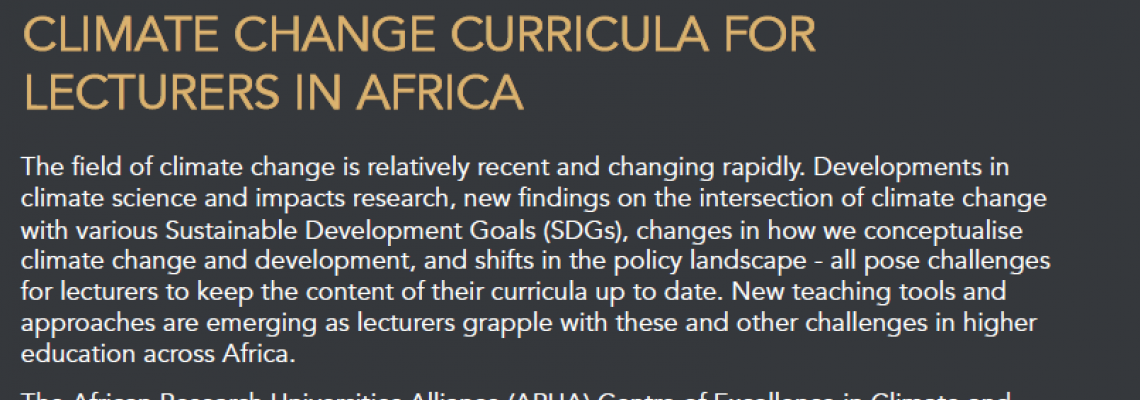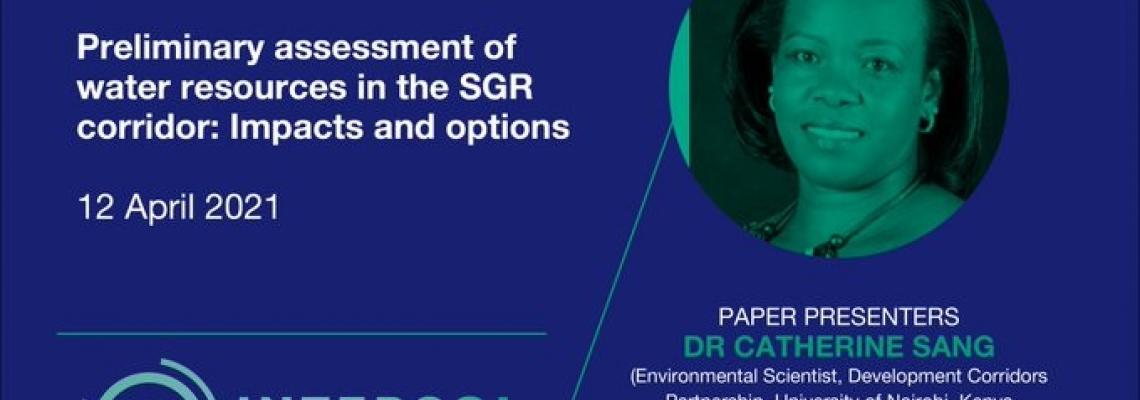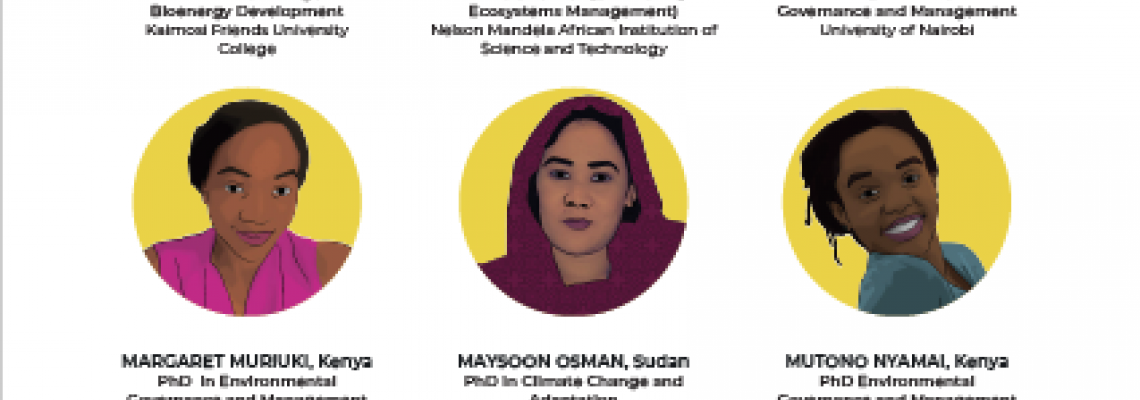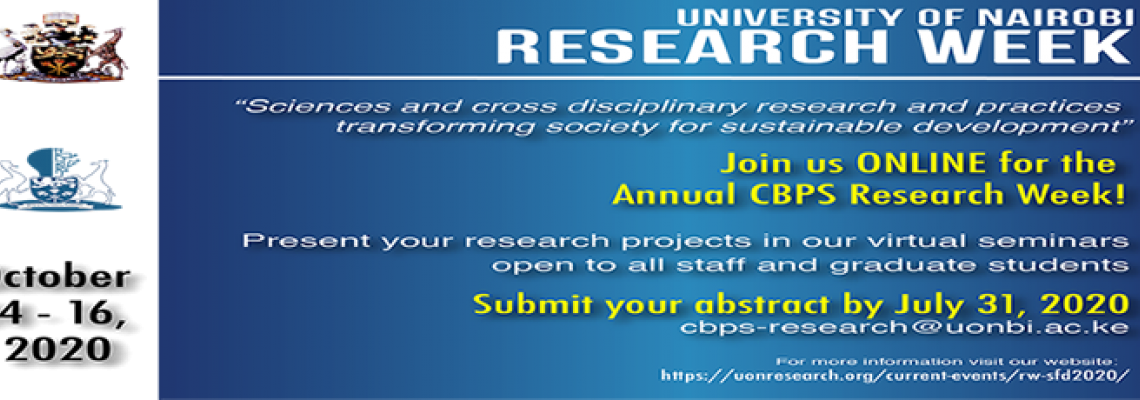Overview
Recurrent climate and disaster-related shocks and stresses, and the impacts these have on poverty and development progress, are receiving considerable interest in major national and international programmes that seek to build the resilience of poor and vulnerable people. However, evidence on what actions or sets of actions work best to strengthen resilience to climate extremes and disasters is relatively nascent, at least at the programme or country level. Additionally, capacity of governments, civil society and the private sector to harness emerging learning on resilience and cycle it back into investments, policy design and practices is relatively low.
Through its BRACED programme, DFID is seeking to address this gap by supporting a ‘Knowledge Manager’ (KM). The KM’s job is to generate and assimilate knowledge from research, evaluation and a learning-by-doing approach about what works best to strengthen resilience and use this knowledge to inform better policy and practice at different scales. The KM is a consortium – led by ODI and involving ADPC, ENDA Energie, ITAD, Red Cross Red Crescent Climate Centre, Thompson Reuters Foundation and the ICCA (University of Nairobi). To offer a way of systematically gathering and collecting evidence on what works best in strengthening resilience to climate extremes and disasters, the KM has identified seven research groups:
- Climate and weather information
- Basic Services, incl. Social Protection
- Gender and social equality
- Technology and Innovation
- Markets and Local Economic Development
- Governance and Natural Resource Management
- Resilience Metrics and Concepts
Dr. Ouma and Dr. Opondo represent the Institute for Climate Change and ADaptation in the BRACED Knowledge Management in ‘climate and weather information’ and ‘gender and social equality’ groups respectively.
Under the gender and social equality theme, research is currently looking at how changes in gendered norms and power relations affect the resilience of marginalised and vulnerable communities; and the way in which greater resilience amongst these groups shapes the coping and adaptation strategies of households and communities. Towards this end, research was conducted in August 2015 in Chad, Myanmar, South Sudan and Uganda. Findings from this work will form a set of case studies that will be captured and developed during a write shop (in the UK 15-18 September, 2015) and will subsequently lead to a working paper.
Under the climate and weather information theme, research is looking at the capacity of households, communities and authorities to access, interpret, and use climate information. It examines the systems in place to generate, disseminate and appropriately package climate information to local authorities and communities, as well as the institutions that enable people to use climate information in anticipating and responding to climate variability and extremes. The research will culminate in a paper documenting climate information producers and providers including details of their products, a synthesis of literature, mapping of climate information use projects, identifying challenges in using climate information for adaptation and selected best-practice case studies.
Sponser
The Project is funded by UK AID under DfID
Principal Investigator
Abstract
BRACED is helping people become more resilient to climate extremes in South and Southeast Asia and in the African Sahel and its neighbouring countries. To improve the integration of disaster risk reduction and climate adaptation methods into development approaches, BRACED seeks to influence policies and practices at the local, national and international level.
DFID funding for BRACED has been awarded as 3-year grants to 15 projects. Project summaries and contact details can be found below. These grants are managed by a Fund Manager, led by KPMG, who oversee the contract and financial management of the grants, monitor project progress, and manage due diligence and compliance. DFID have also appointed a Knowledge Manager, led by ODI, who are working to generate new knowledge, evidence and learning on resilience and adaptation in partnership with the BRACED projects and resilience community. Information about the Fund Manager and Knowledge Manager consortiums can be found below.

